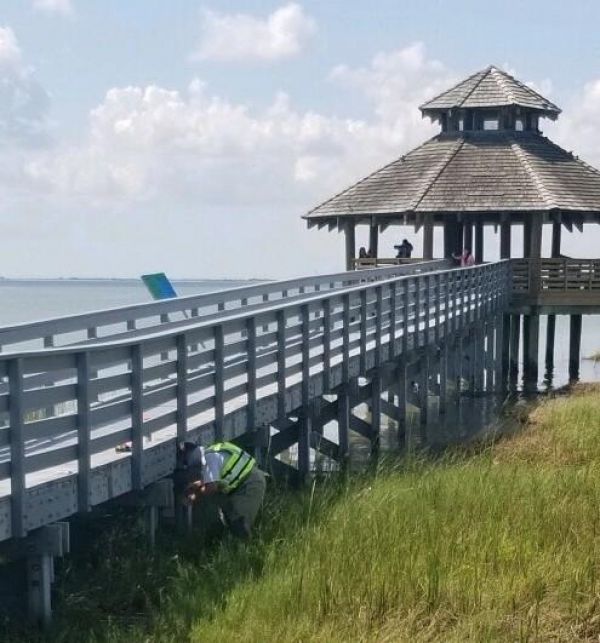September is National Preparedness Month, a time for Americans to review their preparedness plans for disasters or emergencies in their homes, businesses and communities. It’s also historically the peak of hurricane season.
Early Thursday morning Hurricane Laura made landfall in Cameron, Louisiana as a Category 4 hurricane, with sustained winds of over 150 mph. Laura marks the 13th named storm of the 2020 Atlantic Hurricane Season, which has included four hurricanes and nine tropical storms. For a storm to be named it must have winds of 39 mph or greater.
And the season is likely to get even busier. The National Oceanic and Atmospheric Administration recently updated their forecast and now predicts the season will have 19-25 named storms, up from their previous forecast of 13 to 19. Seven to 11 of the predicted storms this season could become hurricanes with winds of 74 mph or higher. Three to six of the hurricanes could become major hurricanes with wind speeds of 111 mph or greater.
With half of the hurricane season still to go, it’s a good time to learn about hurricane preparedness by visiting Ready.gov or Listo.gov (en Español). In the meantime, the U.S. Geological Survey stands ready to provide the science to decision-makers that can help guide efforts to protect lives and property if another hurricane or tropical storm makes landfall this season.
Continue reading at USGS.
Image via Alex Laffoon, USGS. Public domain.


